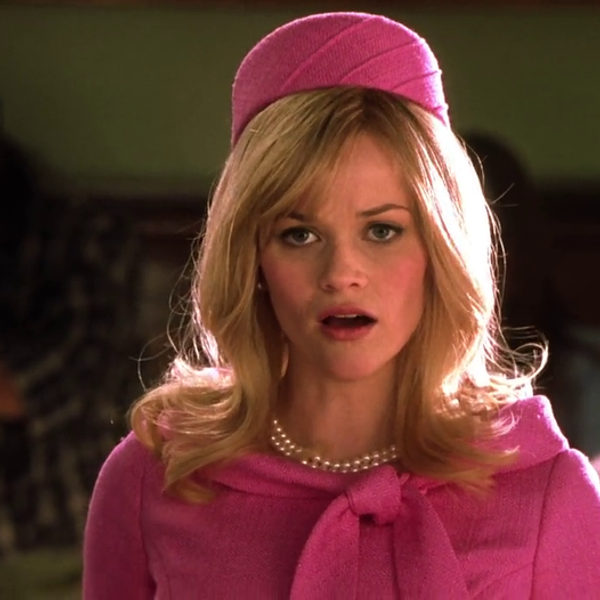Professor Noe-Tall, world famous science expert who has been widely admired for explaining complicated science-based issues–such as his groundbreaking webcast "Water is Wet" and his e-book, "Falling Trees Make Noise"–met with this intrepid reporter to discuss the latest studies on attraction and health.
ME: Professor Noe-Tall, thanks so much for taking some time to discuss science news with us today!
Professor: No thanks are necessary. I enjoy great satisfaction in explaining the complexities of modern science to people with a public school education.
ME: So Professor, I understand that you have read a recently published report on the science of attractiveness in people's faces and how it relates their overall health. The Report compares perceived attractiveness and the actual health of individuals. What did the report tell you?
Professor: Nothing I didn't already know, that's for sure, but I am much, much more intelligent than you.
ME: Uh...
Professor: The study first listed a number of factors that go into attractiveness, such as how masculine a man appears or how feminine a woman seems. They also added how average a person looks, how overweight, symmetrical and how yellow their faces were. Then they checked the health of these people to see if there was a relationship.
ME: I'm not sure I understand...
Professor: I'm not surprised, you don't appear very intelligent.
ME: Thanks for that. What I mean is, how can you determine both a person's attractiveness and averageness? Aren't those just two sides of the same scale? Also, doesn't yellow skin usually mean you're rather ill?
Professor: They used Science!
ME: OK, did they explain how they determined that a given man's face was masculine, average and symmetrical?
Professor: They used a measure called Cronbach's Alpha to ensure the reliability of the images in relation to the descriptive terms used. Based on the simplicity of the questions you asked I assume you'll want to look that one up.
ME: No, that's good enough for me. So, what was the conclusion? If, as a guy, I see a morbidly obese woman with one eye three inches lower than the other, a face that looks like it was hit repeatedly with an ugly stick, and yellow skin, should I assume that she isn't healthy?
Professor: No. Turns out that there isn't much of a correlation between attractiveness and health. There was some relationship between male masculinity and the quality and quantity of sperm.
ME: What? So the study didn't confirm much of anything other than sperm quality? And, er, quantity? Do I want to know how they determined that? 'Cause I'm imagining something kind of gross here.
Professor: No need for disgust, they wore gloves.
ME: Eww. Well, did it explain anything useful about attractiveness? For instance, if masculinity is a positive factor, how do you explain the appeal of Justin Bieber?
Professor: He is an aberration!
ME: I've been saying that for years. Was there anything useful for individuals wishing to appear more attractive?
Professor: Oh, that part is easy. For men you just need to make your face average and masculine, while not being overweight and have perfect symmetry in your features. For women it's mostly the same, but be feminine looking instead. Also, a fat face on a woman has more effect on attractiveness than for a man.
ME: I don't see how that is helpful.
Professor: That is because you don't understand science. It's a good thing you brought me in to explain everything.
ME: So what can we glean from all of this? If your attractiveness doesn't directly relate to your health how does one determine if a likely person would make a healthy, long lived mate?
Professor: I'm going to go out on a limb here and suggest that you have potential fellow progenitors visit a doctor. Turns out medical science can say quite a bit about how fertile a given individual is.
ME: Alright then. Was this study from a reliable source? Did you know anything about the place where the study was done?
Professor: Sadly no. They claim to be from a university, but then they also mention that they are from some imaginary place called Australia, which obviously doesn't exist.
ME: And yet some people don't trust scientists! Well thanks for your time Professor. I look forward to the next time we get together to discuss the latest in published scientific findings.
Professor: I'm sure you do.





















